Experienced American travelers have spent years discovering money-saving tricks that can slash vacation costs by hundreds or even thousands of dollars. Many of these secrets remain hidden from casual tourists who end up paying full price for flights, hotels, and attractions. Smart travelers know exactly when to book, where to stay, and how to find deals that others miss completely.
1. Fly on Tuesdays & Wednesdays
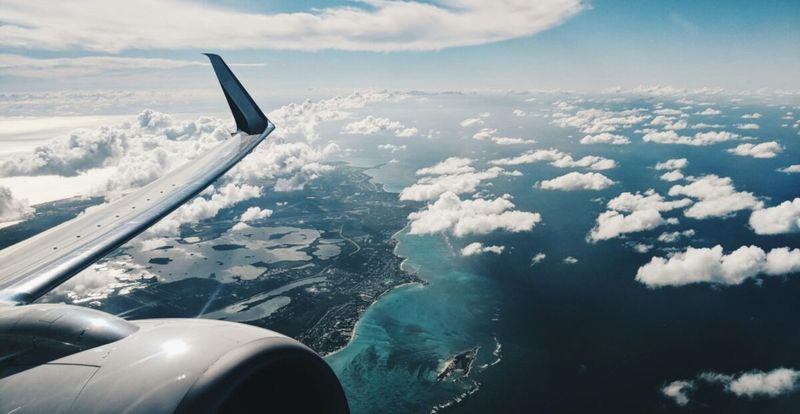
Business travelers avoid midweek flights, creating a pricing sweet spot that savvy vacationers exploit ruthlessly. Airlines slash fares by 20-40% on these less popular days because empty seats mean lost revenue.
Tuesday departures often cost $100-200 less than weekend flights on identical routes. Wednesday returns compound these savings even further.
Google Flights’ price graph feature reveals these patterns clearly, showing exactly which days offer rock-bottom rates. Smart travelers build their entire itinerary around these bargain days, turning flexibility into serious cash savings.
2. Book Rental Cars at Airport Locations
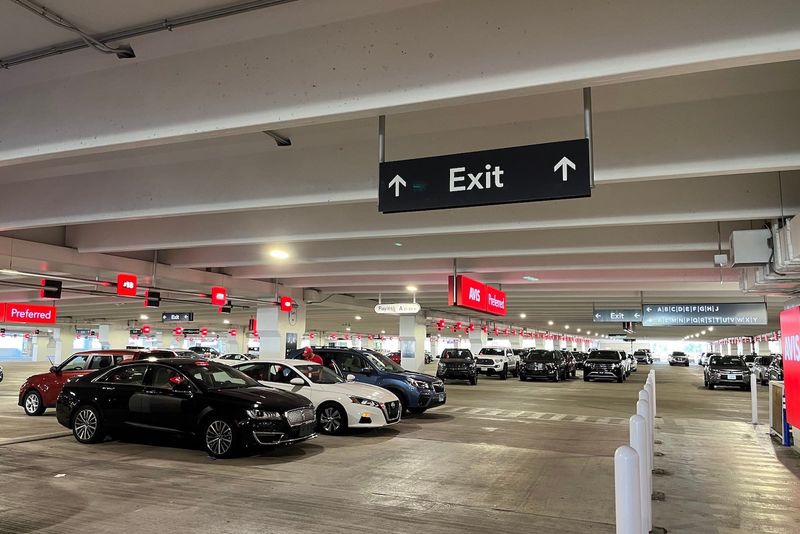
Downtown rental locations pile on city taxes, tourism fees, and premium location surcharges that can add $15-25 per day. Airport counters typically skip these municipal money grabs entirely.
The extra shuttle ride saves serious cash over a week-long rental. Many travelers assume airport locations cost more, but the opposite proves true in most major cities.
AutoSlash automatically applies coupon codes and membership discounts that rental agents never mention. This free service can slash another 10-20% off already competitive airport rates through hidden promotional codes.
3. Use Amtrak’s Night Owl Fares
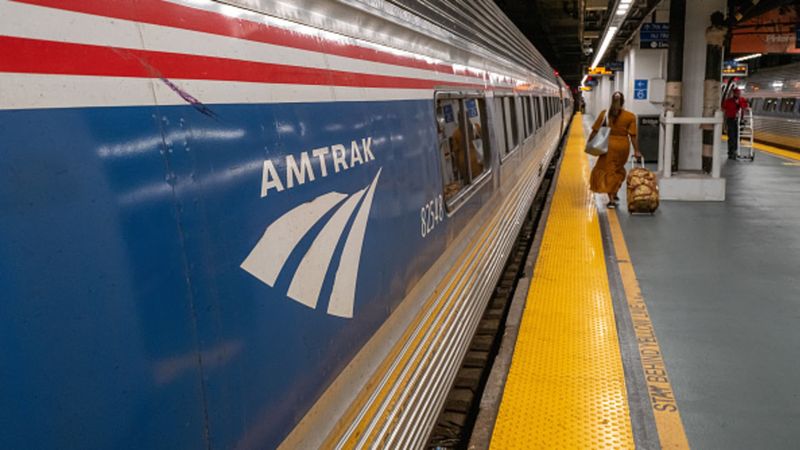
Late-night trains between major cities offer shockingly low fares because most travelers prefer convenient daytime schedules. The 11 PM departure from New York to Washington often costs less than a taxi to the airport.
These overnight routes let you sleep during travel and wake up at your destination refreshed. You save both transportation and hotel costs in one booking.
Advance booking unlocks the deepest discounts, sometimes dropping popular routes to single-digit prices. Business travelers won’t take midnight trains, leaving bargain seats for flexible leisure travelers who prioritize savings over convenience.
4. Stay at University Dorms in Summer
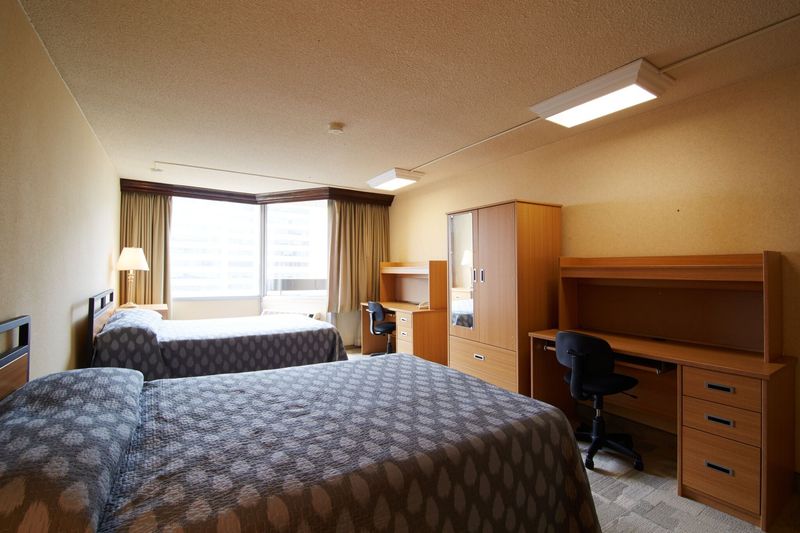
Elite universities transform empty dorm rooms into budget accommodations when students leave for summer break. Harvard, Berkeley, and other prestigious schools offer clean, safe lodging in prime locations for half the hotel rate.
These rooms include basics like bed linens, Wi-Fi, and often access to campus dining halls. You’re staying in neighborhoods where hotels charge $200+ per night.
UniversityRooms.com centralizes bookings across dozens of campuses nationwide. Many locations offer parking, fitness facilities, and that authentic college town atmosphere that hotels can never replicate for budget-conscious travelers.
5. National Parks Free Days (6+ Per Year)
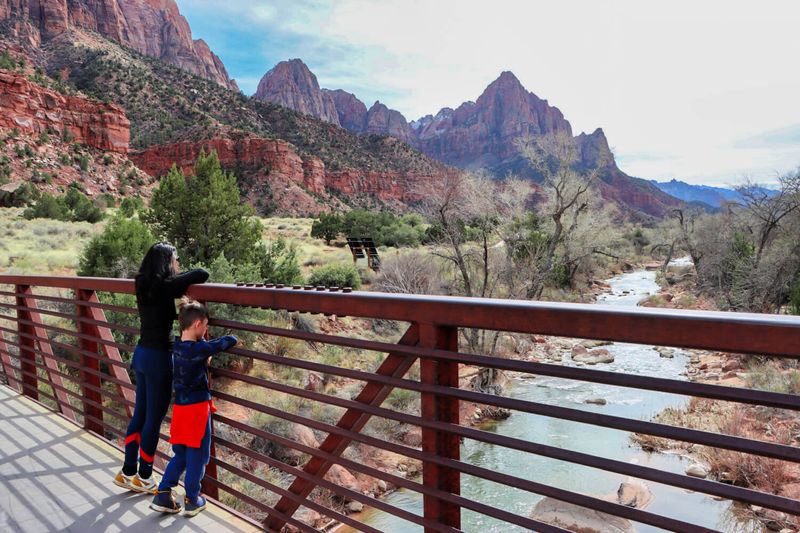
The National Park Service waives entrance fees multiple times annually, saving families $35 per park visit. Martin Luther King Jr. Day, National Park Week, and the park service anniversary consistently offer free admission.
These special dates turn expensive park-hopping trips into budget-friendly adventures. Popular parks like Yellowstone and Grand Canyon become accessible without the usual gate fees.
Senior citizens can purchase lifetime access passes for just $80, paying for themselves after three visits. Veterans receive completely free lifetime passes, making national park exploration an incredible ongoing benefit for military families.
6. Grocery Stores for Cheap Meals

Supermarket hot food bars rival restaurant quality at cafeteria prices, offering fresh meals for $5-7 per person. Wegmans, Publix, and regional chains compete fiercely on prepared food quality and variety.
These aren’t sad convenience store offerings – many feature sushi, rotisserie chicken, and gourmet sides. Families can feed everyone for less than one adult meal at tourist restaurants.
Costco food courts welcome non-members for legendary $1.50 hot dog combos and $10 pizzas that feed four people. Smart travelers plan shopping center stops around meal times, turning errands into dining opportunities.
7. Library Free Passes
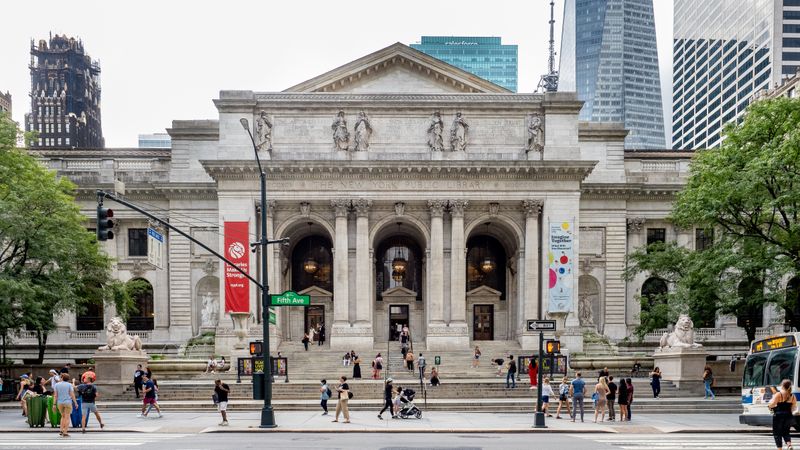
Public libraries loan museum passes, zoo tickets, and cultural attraction vouchers just like books. New York’s Culture Pass program provides free admission to dozens of world-class museums and gardens.
These passes often include family admission worth $50-100, requiring only a valid library card to reserve. Many tourists never discover this incredible resource hiding in plain sight.
Popular attractions book weeks in advance, so early planning becomes essential. Libraries typically limit passes to prevent hoarding, but persistent visitors can score multiple attractions throughout longer stays by checking availability regularly and building relationships with helpful librarians.
8. Skip Rental Car Insurance If You Have a Credit Card

Premium credit cards include collision damage waiver coverage that duplicates expensive rental car insurance. Chase Sapphire, American Express Gold, and similar cards save $15-25 daily on unnecessary duplicate coverage.
Rental agents aggressively push insurance because it generates pure profit. Politely declining while mentioning credit card coverage usually ends the sales pitch immediately.
Call your card issuer before traveling to confirm coverage details and geographic limitations. Some cards exclude certain vehicle types or international rentals, but domestic coverage remains excellent. Documentation from your card company can resolve disputes if accidents occur during your rental period.
9. Frontier/Spirit’s Bundle & Save Trick
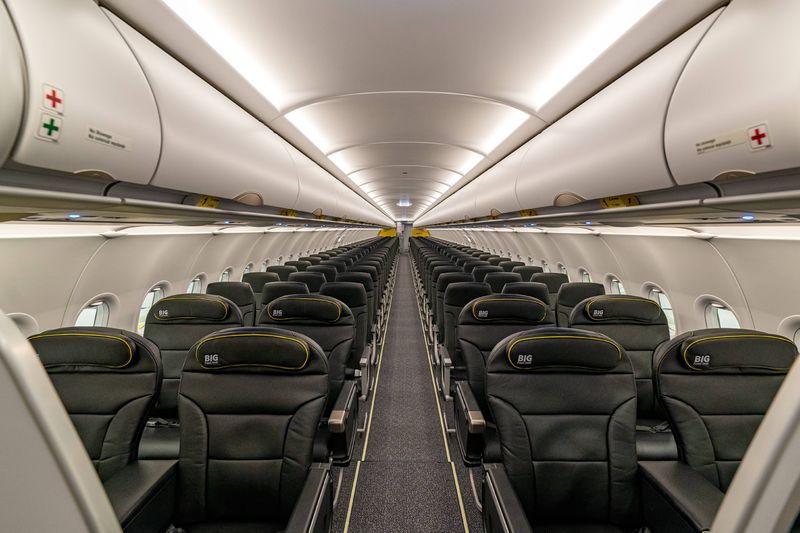
Budget airlines charge separately for carry-on bags, seat selection, and other basics that traditional carriers include. However, bundling these extras during initial booking costs significantly less than adding them later.
A carry-on bag might cost $35 during booking but $65 at the gate. Seat selection follows similar pricing patterns, rewarding advance planning over last-minute decisions.
Compare total bundled costs against traditional airline prices before assuming budget carriers save money. Sometimes the bundle price approaches major airline fares, making full-service carriers the better value when you need those extras anyway for comfortable travel.
10. State Park Cabins > Hotels
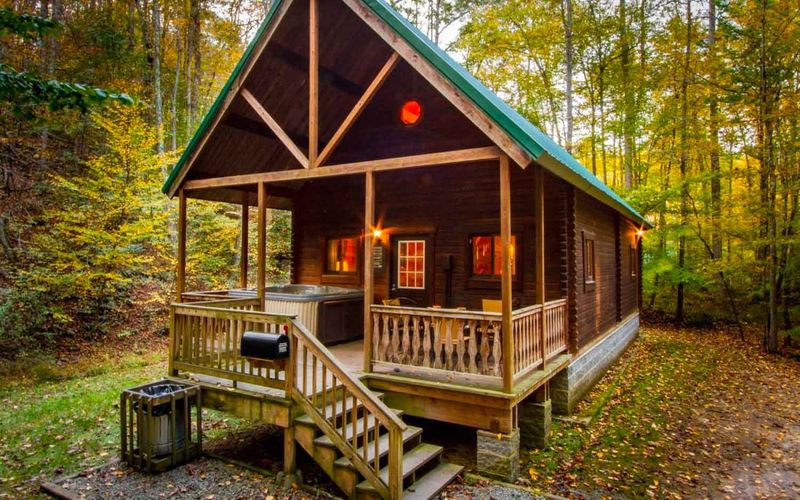
State park cabins offer rustic charm with modern amenities at half the cost of nearby hotels. Michigan’s lakefront cabins, Texas Hill Country retreats, and California coastal lodges provide stunning natural settings impossible to find in commercial accommodations.
These cabins include kitchens, private bathrooms, and often fireplaces or hot tubs. You’re paying $50-80 for experiences that luxury resorts charge $300+ to provide.
Peak season bookings open exactly six months in advance, often selling out within hours for popular locations. Persistent visitors check cancellation lists or book less popular midweek dates for better availability and even lower rates.
11. MegaBus’s $1 Seats
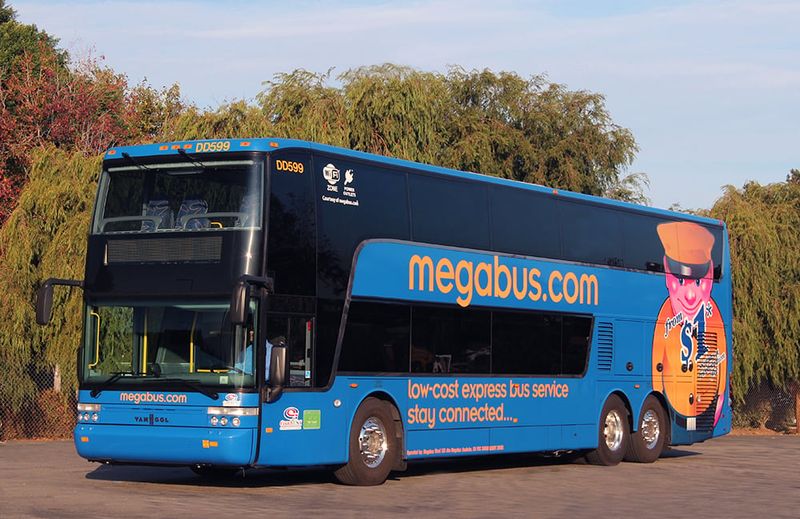
MegaBus releases the first few seats on each route for just $1 plus booking fees, creating incredible bargains for flexible travelers. These promotional fares sell within minutes of release but offer unbeatable intercity transportation value.
Routes between major cities like New York-Philadelphia or Chicago-Detroit regularly feature these ultra-low fares. Early birds who book immediately when schedules open can score multiple $1 segments.
Fare alert subscriptions notify travelers when new $1 seats become available. The buses offer Wi-Fi, power outlets, and comfortable seating that rivals much more expensive transportation options for budget-conscious travelers willing to plan ahead.
12. Alaska Airlines’ Hidden City Loophole
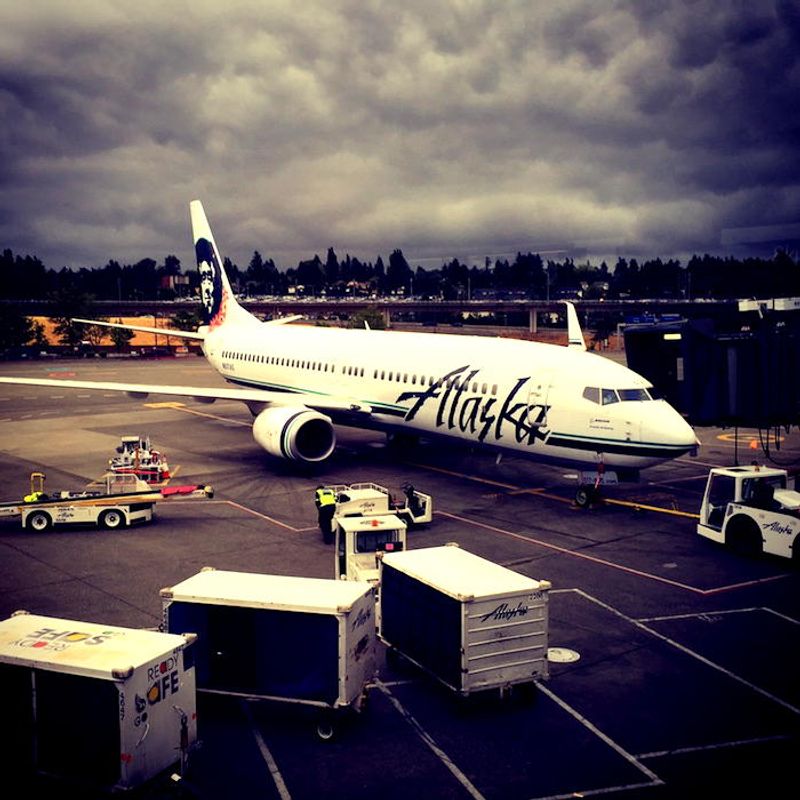
Airlines sometimes price connecting flights cheaper than direct routes to the same intermediate city. Booking Los Angeles to Seattle via Portland can cost less than Los Angeles to Portland directly, defying logical pricing structures.
This strategy only works with carry-on luggage since checked bags continue to the final ticketed destination. Airlines discourage this practice but can’t prevent passengers from missing connections voluntarily.
Use this technique sparingly and never on return flights, as airlines cancel remaining ticket segments when passengers skip legs. ITA Matrix and similar tools reveal these pricing anomalies that can save hundreds on popular routes.
13. Hotel Tonight for Same-Day Deals
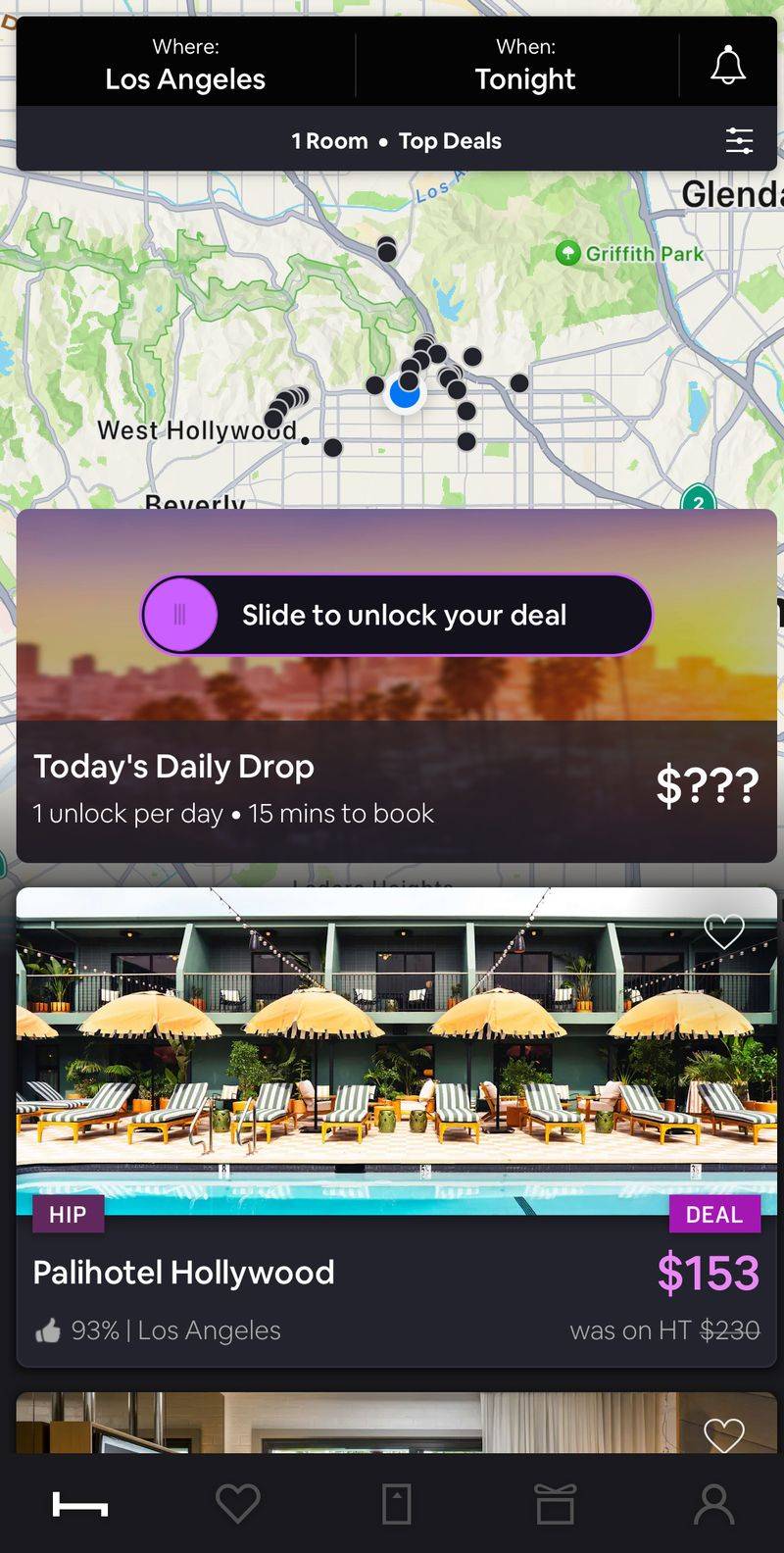
Hotels desperately discount unsold rooms after 3 PM rather than leave them empty overnight. HotelTonight specializes in these last-minute deals, offering 40-60% discounts on quality accommodations in major cities.
Business hotels work best since they cater to predictable weekday demand. Resort properties rarely participate because leisure travelers book further in advance.
Spontaneous travelers can build entire city breaks around these deals, checking into different neighborhoods each night. The app reveals available properties and discounted rates, turning flexible schedules into substantial savings for adventurous travelers who embrace uncertainty.
14. National Forest Camping (Often Free)
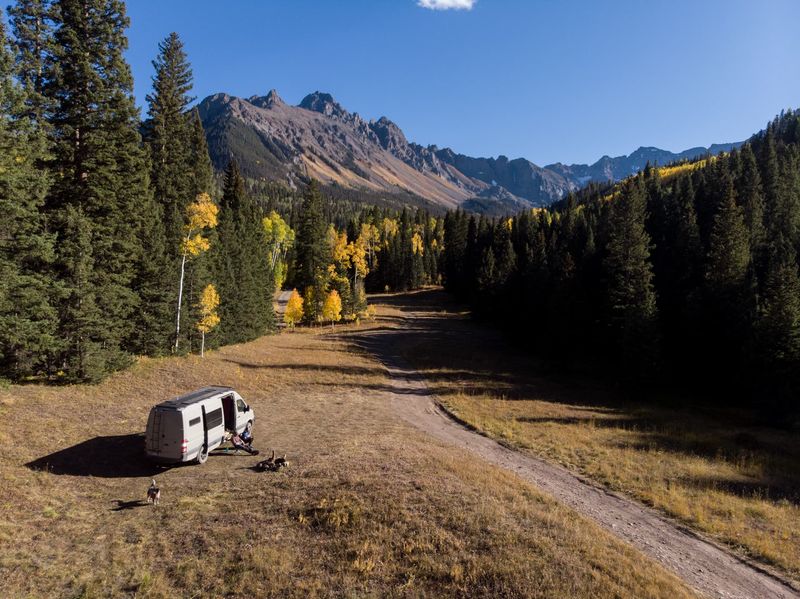
National forests allow dispersed camping almost anywhere outside developed campgrounds, providing free accommodation in pristine wilderness settings. This legal camping option saves $25-40 nightly compared to established campgrounds while offering complete solitude.
Campers must follow Leave No Trace principles and camp at least 200 feet from water sources. Most locations allow 14-day stays before requiring relocation.
Download offline maps before venturing into remote areas where cell service disappears completely. Forest Service websites provide specific regulations and seasonal restrictions, but millions of acres remain open for free camping year-round across America.
15. City Tourist Cards for Attractions

Tourist cards bundle popular attractions into single passes that unlock significant savings for busy sightseers. Go City, CityPASS, and similar programs offer 40-50% discounts when visiting multiple included venues.
Calculate break-even points before purchasing since cards only save money when you actually visit enough attractions. Three major sights typically justify the card cost in most cities.
Some cards include public transportation, restaurant discounts, and skip-the-line privileges worth more than admission savings alone. Research included attractions carefully and plan ambitious itineraries to maximize value from these comprehensive tourist packages that reward active exploration.
16. Repositioning Cruises (Under $50/Night)
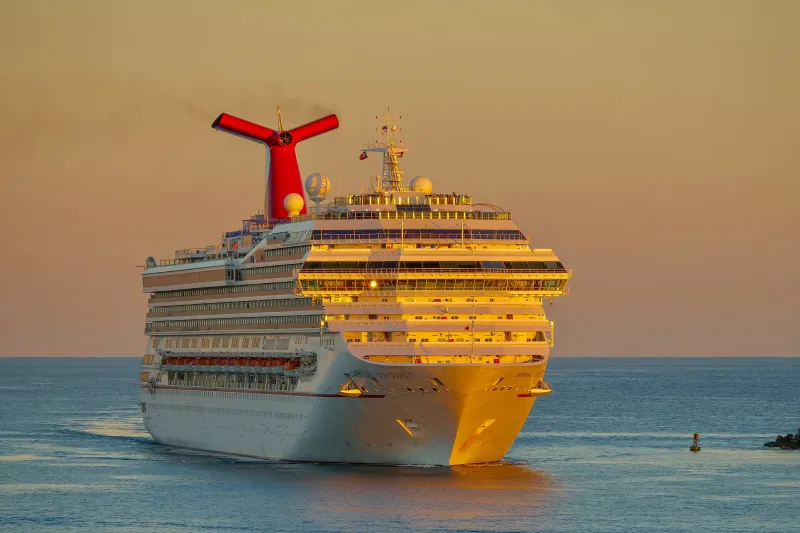
Cruise lines must move ships between seasonal routes, creating one-way voyages at drastically reduced prices. Alaska ships heading to Caribbean winter routes offer incredible bargains for flexible travelers.
These repositioning cruises feature fewer port stops but identical onboard amenities at 60-70% discounts. You’re getting luxury cruise experiences for hostel prices with creative routing.
CruisePlum and similar sites specialize in these unusual itineraries that traditional travel agents often overlook. Repositioning seasons occur twice yearly, typically spring and fall, when cruise lines relocate their fleets between summer and winter territories for optimal weather conditions.
17. AAA/CAA Discounts Without Membership
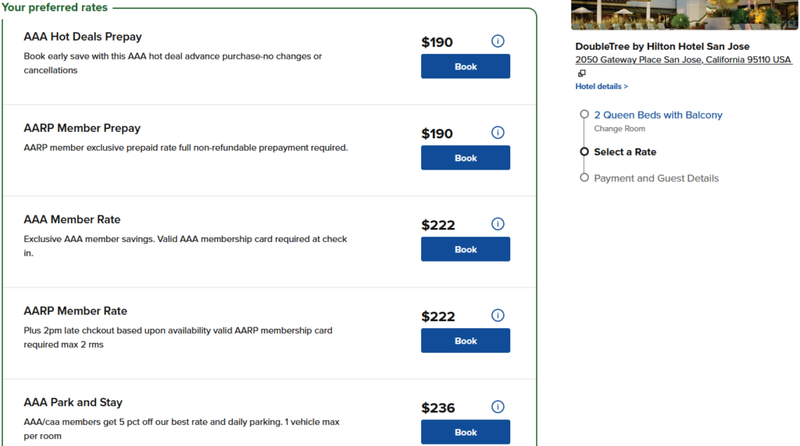
Many hotels honor AAA rates without requesting membership cards, especially during phone bookings or at busy check-in counters. Front desk staff often apply discounts when guests simply mention AAA affiliation.
AARP discounts work similarly and rarely require age verification during booking. These senior rates apply to travelers of any age who know to request them politely.
Corporate rates for major employers like government agencies or large companies also go unchecked frequently. Mentioning these affiliations during reservation calls can unlock 10-15% discounts that booking sites never display publicly, rewarding confident travelers who ask for better rates.
18. Free Walking Tours (Pay-What-You-Want)
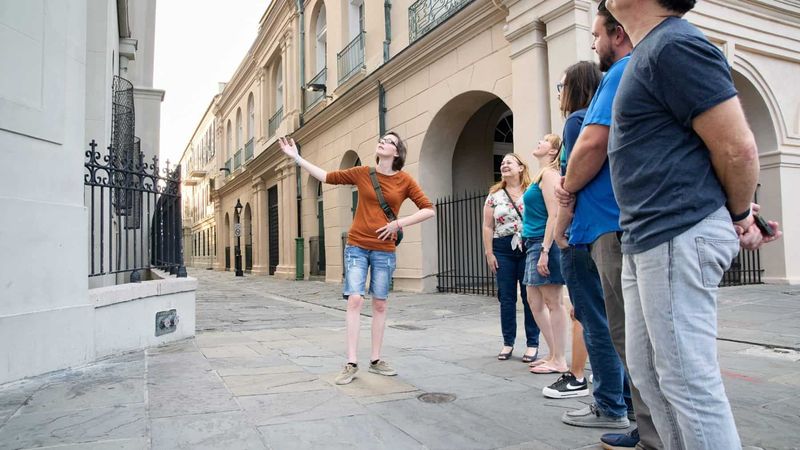
Free Tours by Foot and similar companies operate pay-what-you-want walking tours in most major cities, providing excellent introductions to local history and culture. Knowledgeable guides work for tips rather than fixed fees.
These tours often outshine expensive bus tours because guides tailor content to group interests and provide insider recommendations. Small groups allow personal interaction impossible on large commercial tours.
Guides typically expect $10-20 per person tips for quality tours, but payment remains voluntary. Many companies offer specialized themes like food tours, ghost walks, or architecture focus, giving travelers multiple options for exploring cities affordably with expert local knowledge.
19. Off-Airport Parking Savings
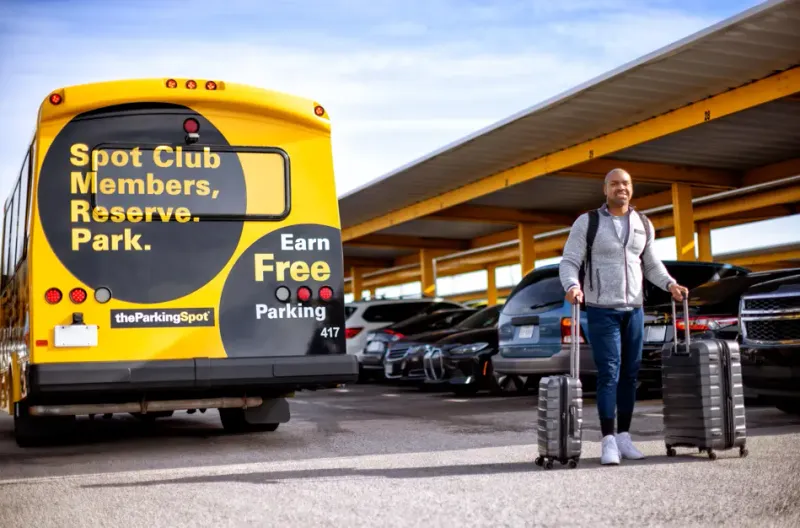
Airport parking fees can exceed $200 weekly, but nearby private lots offer identical convenience for half the cost. SpotHero, ParkWhiz, and similar apps reveal these hidden alternatives with shuttle service included.
Many lots provide covered parking, car washing, and better security than official airport facilities. The shuttle ride adds minimal time while delivering substantial savings.
Book parking simultaneously with flights since popular lots sell out during peak travel periods. Some facilities offer additional services like oil changes or detailing while you travel, turning parking into productive vehicle maintenance time that busy travelers struggle to schedule otherwise.
20. Travel Nurse Housing for Cheap Stays

FurnishedFinder.com caters to traveling healthcare workers who need temporary housing, creating opportunities for regular travelers to access furnished apartments at below-market rates. These rentals cost 30-50% less than comparable Airbnb properties.
Properties include everything needed for extended stays: kitchen equipment, linens, utilities, and often parking. Hosts prefer longer bookings but accept shorter stays from non-medical travelers.
Message hosts directly about weekly or monthly rates since many offer significant discounts for longer commitments. These accommodations work especially well for families needing space and kitchen facilities while avoiding expensive hotel extended-stay rates in popular destinations.



